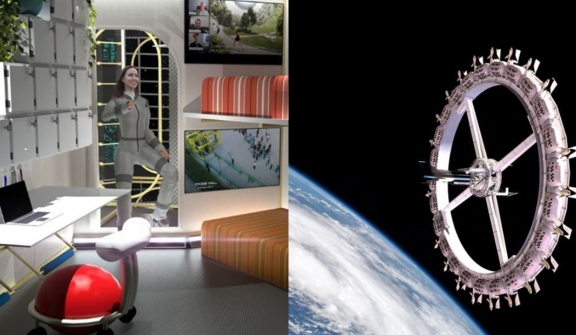
Earlier this year, the space firm made an exciting announcement regarding its plans to construct two space stations. One of these stations, Voyager Station, is scheduled to open its doors in 2027, while the other, Pioneer Station, is set to welcome visitors and open two years later in 2025.
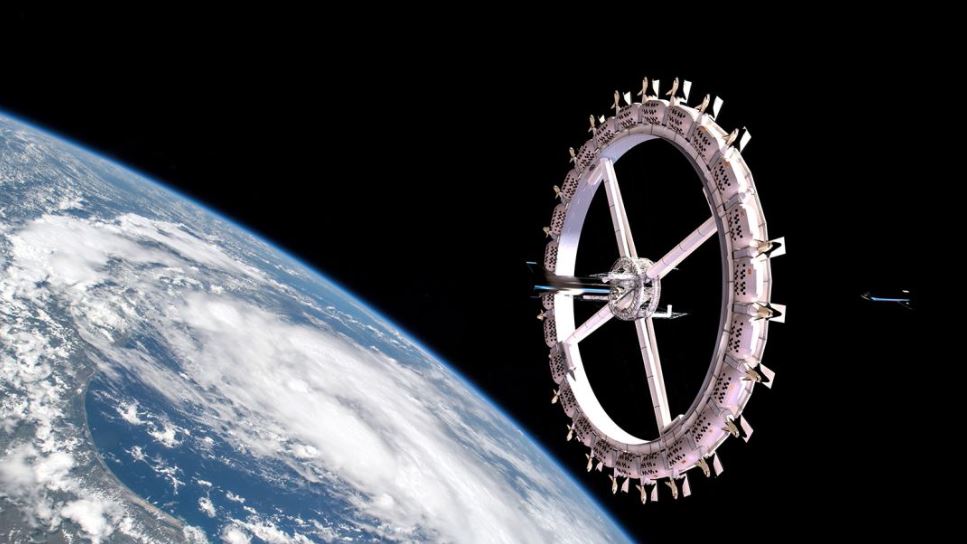
The oversight of this project now falls under the purview of Orbital Assembly Corporation, a space construction company that cut ties with Gateway.
As Orbital Assembly unveiled its ambitious vision, they described the resorts as a fusion of space technology and terrestrial comfort, promising an unparalleled historical experience.
Their objective, as outlined by Orbital Assembly, is to create a space "business park" that will accommodate both offices and tourists.
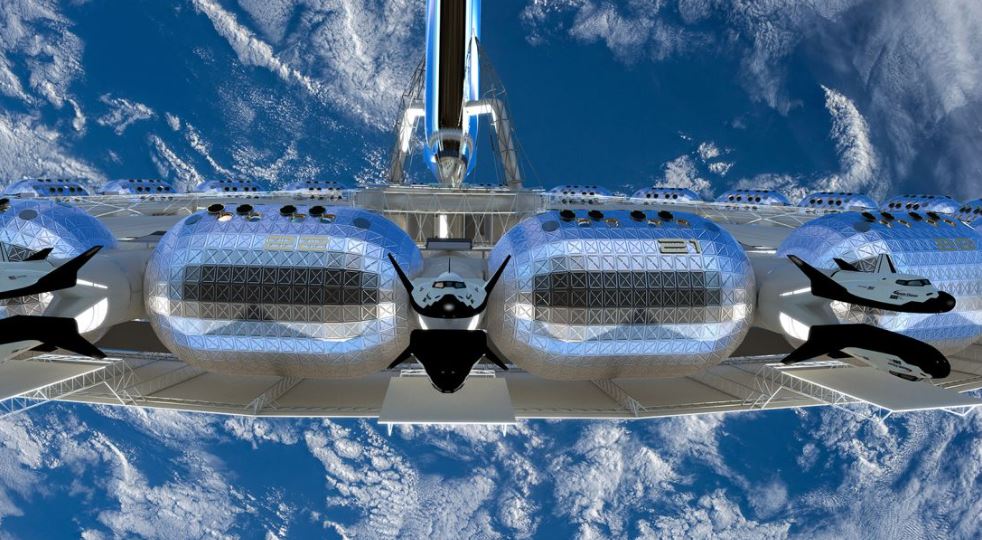
Alatorre told CNN Travel in a recent interview, "The goal has always been to make it possible for large numbers of people to live, work, and thrive in space."
Unlike traditional space travel, where astronauts have to use toilets and sleep in specialized wall-mounted bags, the forthcoming space stations will feature 'simulated gravity.' This innovation will allow guests on Pioneer and Voyager stations to enjoy amenities such as toilets, showers, and beds, which like to live on Earth.
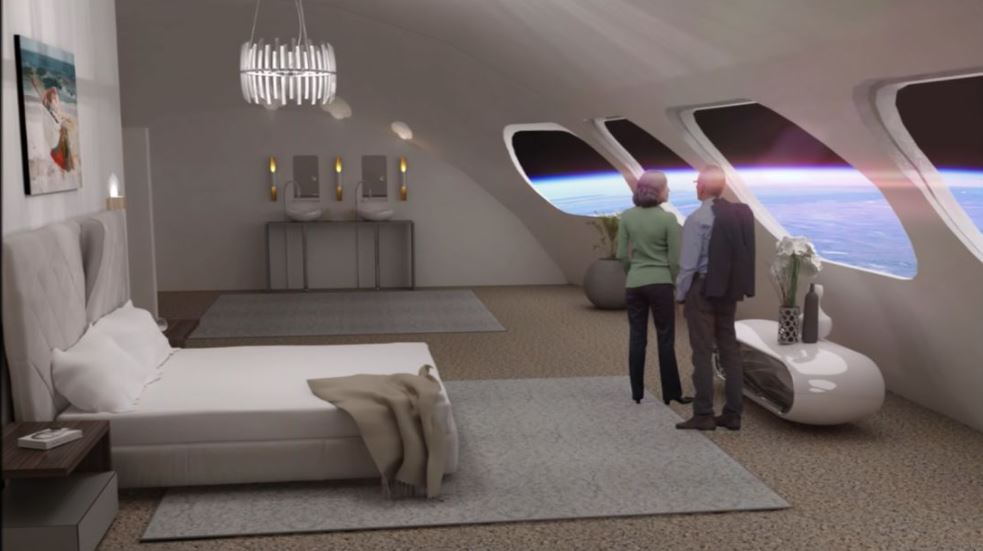
Furthermore, Pioneer Station is set to include a retail outlet for those seeking a bit of retail therapy, though the breathtaking views may prove too captivating to resist.
Potential space travelers should note that Pioneer Station will have a limited capacity, accommodating only 28 individuals at a time. However, Orbital Assembly has disclosed plans for its second space station, Voyager, which will host up to 400 guests. Additionally, there will be 'luxury suites' available for weekly or monthly rentals, or for those desiring a permanent escape from Earth's confines.
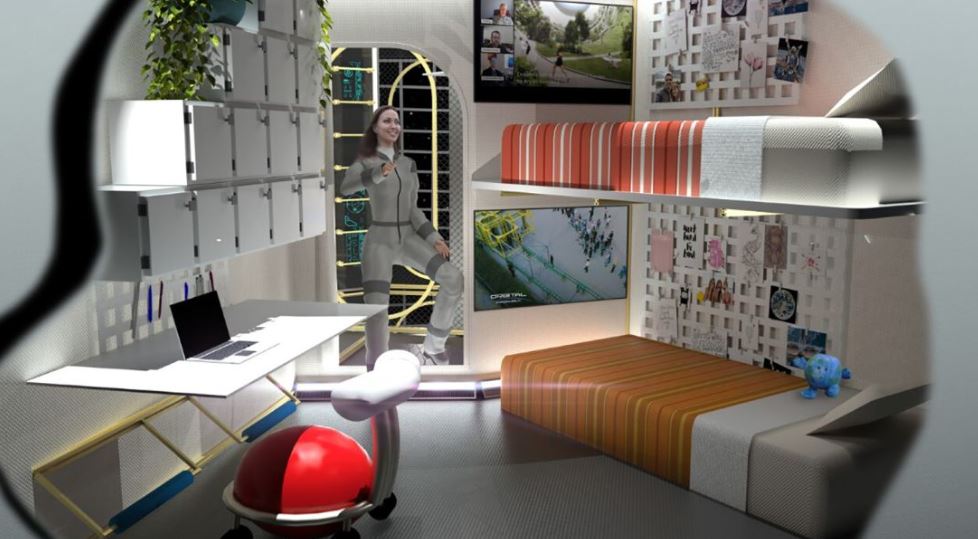
"Our luxury villas are anticipated to be up to 500 m2 (5,300 sf). They will feature cooking facilities, up to three bathrooms, and sleeping accommodations for up to 16 people."
Alatorre added" “It’s going to get us the opportunity to have people start to experience space on a larger scale, faster."




